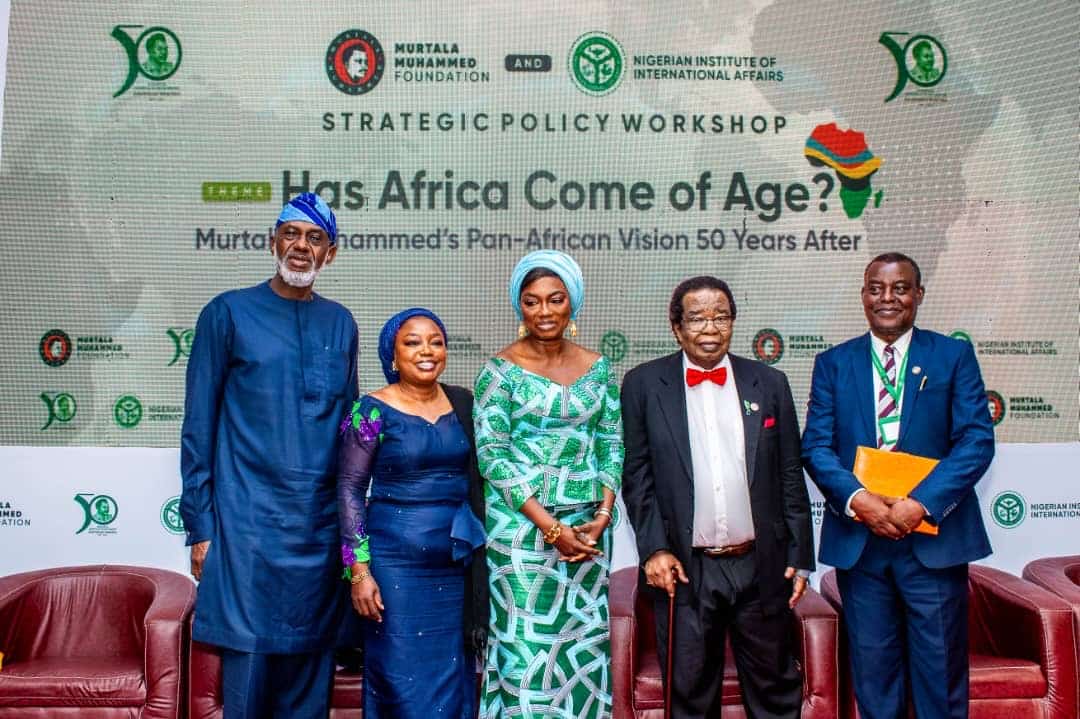Joseph Aloisius Ratzinger, the former pope Benedict XVI, died on Saturday, December 31, 2022, almost a decade after his shocking resignation.
The late pope, whose resignation in February 2013 was the first recorded in the last 600 years of the Catholic Church’s history, gave up the ghost at the Mater Ecclesiae Monastery in the Vatican on Saturday morning.
The 95-year-old pope emeritus succumbed to a health challenge having maintained a quiet life in a former convent inside the Vatican grounds since his resignation.
Below are highlighted five controversial moments in the life of pope emeritus.
1 Conscription into the Hitler Youth
The late pope had a reputation for stirring up controversy but that is an attribute that can be traced back to his days as a young man growing up in Nazi Germany. The younger of three children whose father was a policeman and mother a hotel cook, Ratzinger was six years old when the Nazis seized power in Germany in 1993. His parents, who were devout Catholics were hostile to the regime.
Although Ratzinger was sent to the seminary in 1939, he was conscripted into the Hitler Youth – an organization set up by Adolf Hitler in 1933 for educating and training male youth in Nazi principles – in 1941 and drafted into the German Military in 1943 where he served in an antiaircraft unit in Bavaria.
He was later sent to Hungary to set tank traps in 1945 but absconded in April of that year and was captured by American forces who held him for a brief period.
2 Criticism of Islam and Prophet Muhammad (PBUH)
His first major controversy as a pope was in 2006 when he angered the Muslim world with a speech in which he appeared to endorse the view that Islam is inherently violent.
While speaking at the Regensburg University during a six-day visit to his native Germany, pope Benedict XVI criticised Islam and its concept of Jihad, citing a 14th-century Christian emperor who said that Prophet Muhammad (PBUH) had brought the world “evil and inhuman” things.
3 Pardoned four excommunicated bishops
In 2009, pope Benedict XVI stoked another controversy, this time in the Catholic world, when he granted pardons to four bishops who in 1988 had been excommunicated without papal by Marcel Lefebvre (1905–91), an ultraconservative French archbishop who was excommunicated with them.
Also in November of that same year, in an act of outreach to conservative Anglicans, Benedict approved an apostolic constitution, otherwise called a special decree, that paved the way for Anglican clergymen and laypersons to join the Roman Catholic Church while maintaining some Anglican traditions.
4 His shocking resignation
Pope Benedict XVI shocked the entire world when he announced his intention to vacate the holy seat on February 11, 2013.
His eventual exit on February 28, 2013, made him the first pope to relinquish the office since Gregory XIII was forced to resign in 1415 to end the Western Schism, and the first pope to voluntarily resign since Celestine V in 1294.
His decision was unprecedented in the modern era as every other pope held the position from election until death.
5 Apology over paedophilia in Catholic Church
The late pontiff, on January 20, 2022, begged for forgiveness for cases of paedophilia by priests of the Catholic Church but issued a strong denial against the report of the Munich church authorities that accused him of inaction when he was archbishop between 1977 and 1982.
Back in 2010, he offered a similar apology to victims of child sex abuse by Catholic priests in Ireland, saying he was “truly sorry” for their suffering.













